“Have fun and use humour when practising yoga – for it relaxes your muscles and your being. Surrender to your practice, and you’ll be able to take yourself and yoga less seriously”. This was mentioned in a yoga article that I recently came across …tho not in these exact words.
Embrace openess, and rather than having your yoga teacher initiate getting to know you, you can instead make the connection with your yoga teacher. A real connection is what will maintain a relationship for life. And the steps you take may even a new friend!
Look within yourself and discover your true motivation that brings you to the mat and share it with your yoga teacher and fellow students. Whether you are seeking pain relief, emotional support or injury recovery, your yoga teacher can help you get more out of each class by tuning into why you are there. From a yoga teacher’s perspective, whether it is about adjusting you in class or simply being sensitive to your personal journey, having your teacher understand your motivations to practise yoga will greatly impact your experience and outcomes.
Remember that yoga is a practise for all – I touched on this in an earlier post written in March ’17. Have fun in every pose that your yoga teacher gives you and never be shy to ask for modifications to suit you. Laugh off poses that you may not be able to get into today, perhaps with your consistent dedication to yoga practise, this pose may come to you next time without you knowing that you can achieve it. Most importantly, don’t worry if it takes a little longer.
From experience, I notice that many first-time students who attend their initial class would mostly prompt the yoga teachers they are not flexible enough or strong enough, seemingly getting stressed out that yoga teachers may “punish” them with intensive poses beyond their capabilities.
I don’t feel that it works that way. Those whom have attended my classes will know that I always remind my students, that doing less is more – do what you can and gain the benefits from the effort that you put in it. Always be wary of doing more than you believe you can as it may hurt you.
Yoga isn’t really difficult at all. In practise, once a student comes onto the mat, he or she should quieten down their mind by focusing on breathing. Your yoga teacher will lead you into poses with clear verbal cues, demonstrations and adjustments for certain poses and their respective variations. This guidance will help students gain confidence to engage poses with the help of variations or modifications. Doing so eliminates apprehension, and students can start to enjoy the class. While students may not walk away from a class feeling they are super-flexi or strong but they will feel the power of lightness in their heart that they have made the first move. Coupled with a relaxing ambience and constant encouragement by yoga teachers, I find that students naturally return because its so very enjoyable.
 Once you are back, you will continue to practise. Once you continue to practise, you may start paying more attention to your body movements and to your breathing control. Once you pay attention to your body and mind, you may become more focused and aware of being present in the moment while practising yoga. Once you are able to focus on your practise, you may become more mindful of your surroundings, thoughts and behaviour. Once you are mindful, a lot of things falls into perspective and stuff you have been worrying about may not seem to be such a major issue anymore.
Once you are back, you will continue to practise. Once you continue to practise, you may start paying more attention to your body movements and to your breathing control. Once you pay attention to your body and mind, you may become more focused and aware of being present in the moment while practising yoga. Once you are able to focus on your practise, you may become more mindful of your surroundings, thoughts and behaviour. Once you are mindful, a lot of things falls into perspective and stuff you have been worrying about may not seem to be such a major issue anymore.
Once you stop worrying, you may feel light-hearted. It can make us feel lighter and happier, more even and at peace…. Yoga life is fun!!

